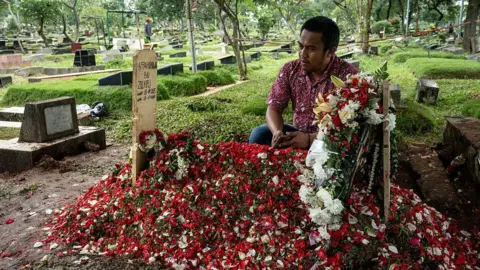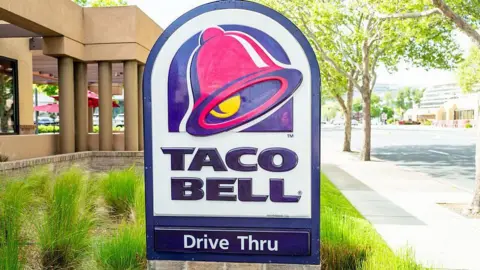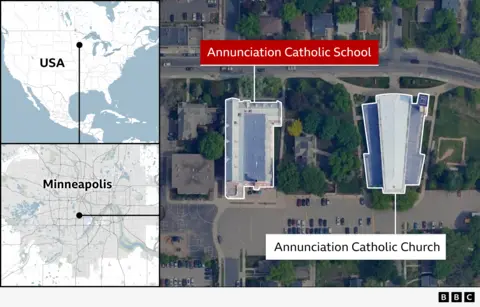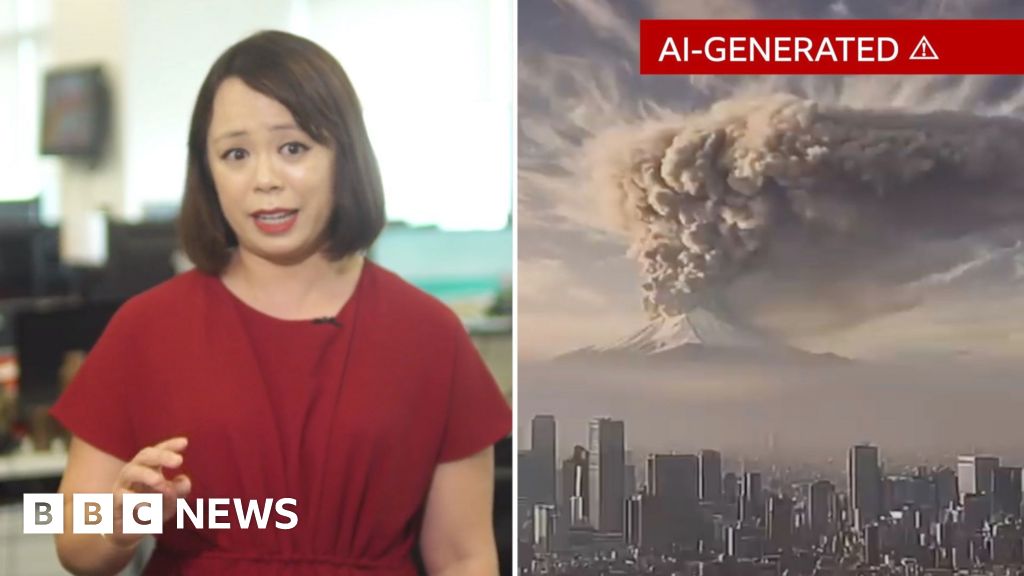The congregants of St. Matthias Schöneberg Church in Berlin have expressed their worries regarding the growing influence of artificial intelligence. With a congregation of 12,000 Catholics from over 100 countries, there is a shared concern among parents about the accessibility of misinformation through chatbots and social media, as well as fears from educators about A.I.-assisted cheating. Additionally, those in the interpreting profession are anxious about the encroachment of technology on their job security.
Enter Pope Leo XIV, who has been vocal about the challenges posed by advancing A.I. technology. Within days of his papacy, he underscored the church's responsibility to evaluate the risks associated with A.I., particularly regarding issues of “human dignity, justice, and labor.” His inaugural address to the College of Cardinals and subsequent interactions with journalists reflect his commitment to potential pathways for addressing these contemporary concerns.
Father Paolo Benanti, an advisor on A.I. ethics within the Vatican, remarked on the significance of the pope's priorities, indicating a shift in the church's approach to modern technology—an issue once deemed too radical to raise at academic levels just over a decade ago.
During his tenure as a cardinal, Leo directed conversations on digital life, signaling his early recognition of A.I.'s impact. Father Benanti notes that Leo had previously engaged with other Vatican officials regarding ways to deal with technological advancements and their implications for humanity.
As debates on the ethical use of A.I. continue to unfold, Pope Leo XIV's proactive stance may ultimately play a pivotal role in shaping the church's approach to technology and ethics, highlighting the necessity for discernment and responsibility in an era increasingly defined by artificial intelligence.
Enter Pope Leo XIV, who has been vocal about the challenges posed by advancing A.I. technology. Within days of his papacy, he underscored the church's responsibility to evaluate the risks associated with A.I., particularly regarding issues of “human dignity, justice, and labor.” His inaugural address to the College of Cardinals and subsequent interactions with journalists reflect his commitment to potential pathways for addressing these contemporary concerns.
Father Paolo Benanti, an advisor on A.I. ethics within the Vatican, remarked on the significance of the pope's priorities, indicating a shift in the church's approach to modern technology—an issue once deemed too radical to raise at academic levels just over a decade ago.
During his tenure as a cardinal, Leo directed conversations on digital life, signaling his early recognition of A.I.'s impact. Father Benanti notes that Leo had previously engaged with other Vatican officials regarding ways to deal with technological advancements and their implications for humanity.
As debates on the ethical use of A.I. continue to unfold, Pope Leo XIV's proactive stance may ultimately play a pivotal role in shaping the church's approach to technology and ethics, highlighting the necessity for discernment and responsibility in an era increasingly defined by artificial intelligence.




















